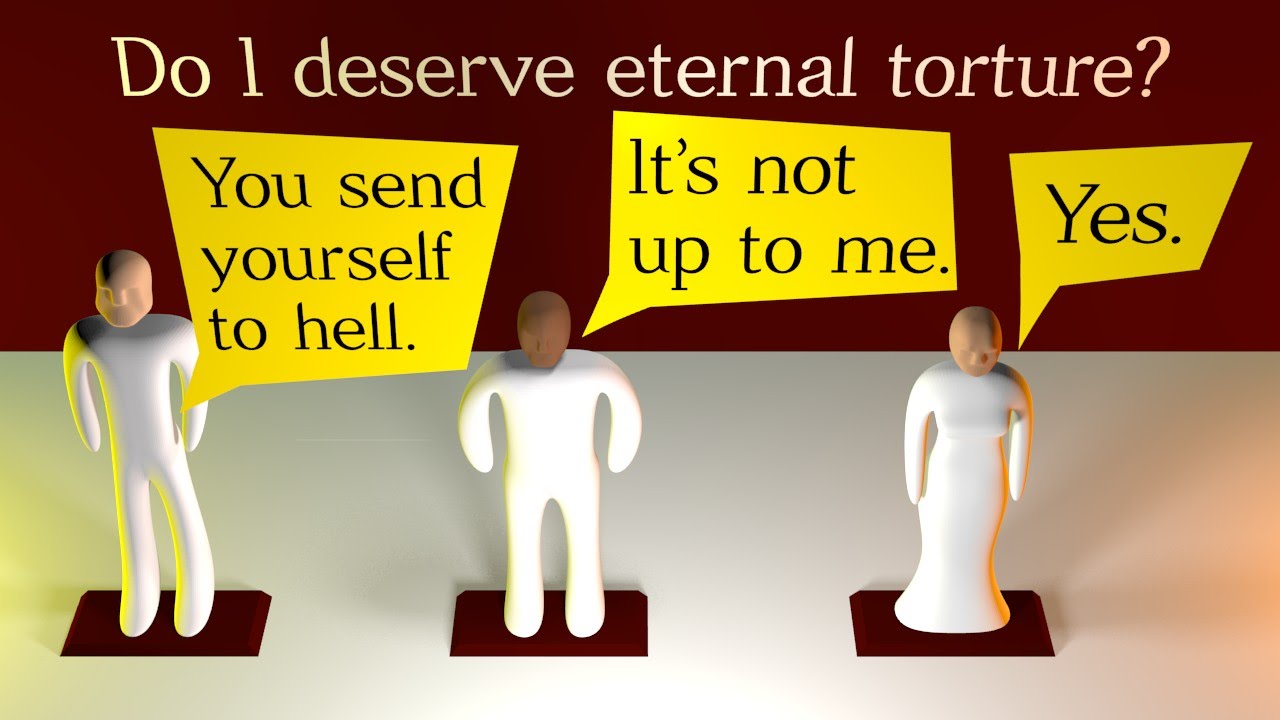This one is for the atheists
In passing today I saw a tweet that had a quote which I looked up and found was from a book by named The Moral Arc: How Science and Reason Lead Humanity toward Truth, Justice, and Freedom by a guy named Michael Shermer. I can’t even remember what the quote was now, but I looked up the author and it seems he’s an atheist.
On his website, which I ended up at via Wikipedia, he says the following (emphasis mine):
The Gradual Illumination of the Mind
…a paltry 12 percent accept the standard scientific theory that “human beings have developed over millions of years from less advanced forms of life, but God had no part in this process.”
So I went back to his Wiki page and saw that a woman named Eugenie Scott, the Director of the National Center for Science Education Director, had emphatically disagreed with him because the existence or non-existence of God isn’t testable and science is based on empirical evidence, being able to test things, and is limited to the natural world—i.e. science, scientific data, doesn’t compel any particular theological or philosophical belief.
At around the 42:00 mark she leads up to talking about Shermer (and Dawkins, et al.), and she actually mentions him beginning around 43:00:
I went around looking for the definition of science/scientific methodology, and she appears to be 100% correct. So basically, I guess my point is that it seems there are some individual scientists who don’t think God exists, and there are skeptics/atheists who—based on scientific evidence (or rather the lack of it)—don’t think God exists because his existence is unnecessary to explain the natural world, but there’s nothing in science that says any such thing because religious belief and/or philosophy is not what science is about.
I’m not trying to pick a fight with you guys, I’m just saying that she makes sense, perfect sense. What she’s saying in the video is what I’ve (inelegantly) tried to express many times here—that science & religion have completely different methodologies & purposes and it therefore strikes me as rather absurd to try to prove or disprove one using (the methodology of) the other.
I’m really, really glad I found someone who clearly articulates what I knew on a gut level had to be correct. I haven’t watched all 87 minutes of her talk yet, but I’m very much looking forward to doing so soon.
That is all.















